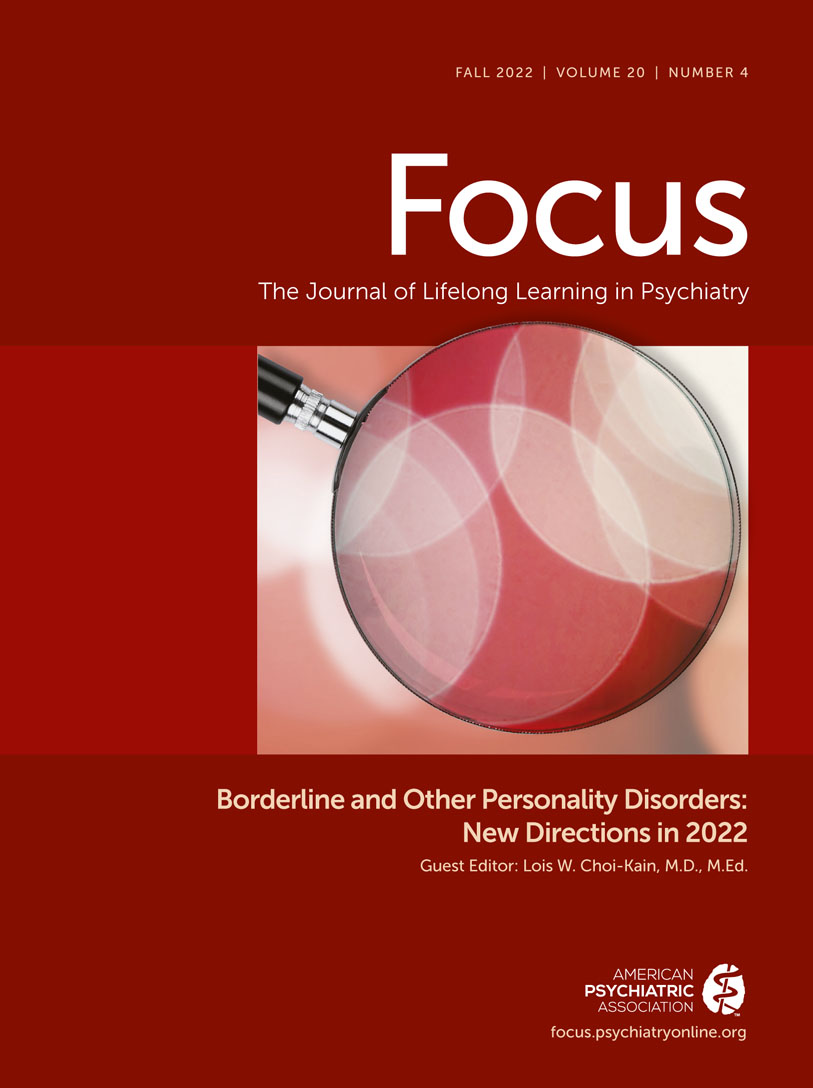Obsessive-Compulsive Personality Disorder: A Review of Symptomatology, Impact on Functioning, and Treatment
Abstract
Obsessive-compulsive personality disorder (OCPD) is a chronic condition that involves a maladaptive pattern of excessive perfectionism, preoccupation with orderliness and details, and the need for control over one’s environment. It is one of the most common personality disorders in the general population, with an estimated prevalence ranging from 1.9% to 7.8%. Despite the fact that patients with OCPD often present for treatment, there is little empirical research on treatments for OCPD, and there is no definitive empirically supported treatment for the condition. This review provides an overview of OCPD, its core features, its common presentation style types, and its impact on functioning. We review the limited treatment research to date and focus on cognitive-behavioral approaches targeting core aspects of OCPD that directly affect functioning in these patients, emphasizing take-home points for clinicians. We also address questions and controversies related to OCPD and its treatment.



